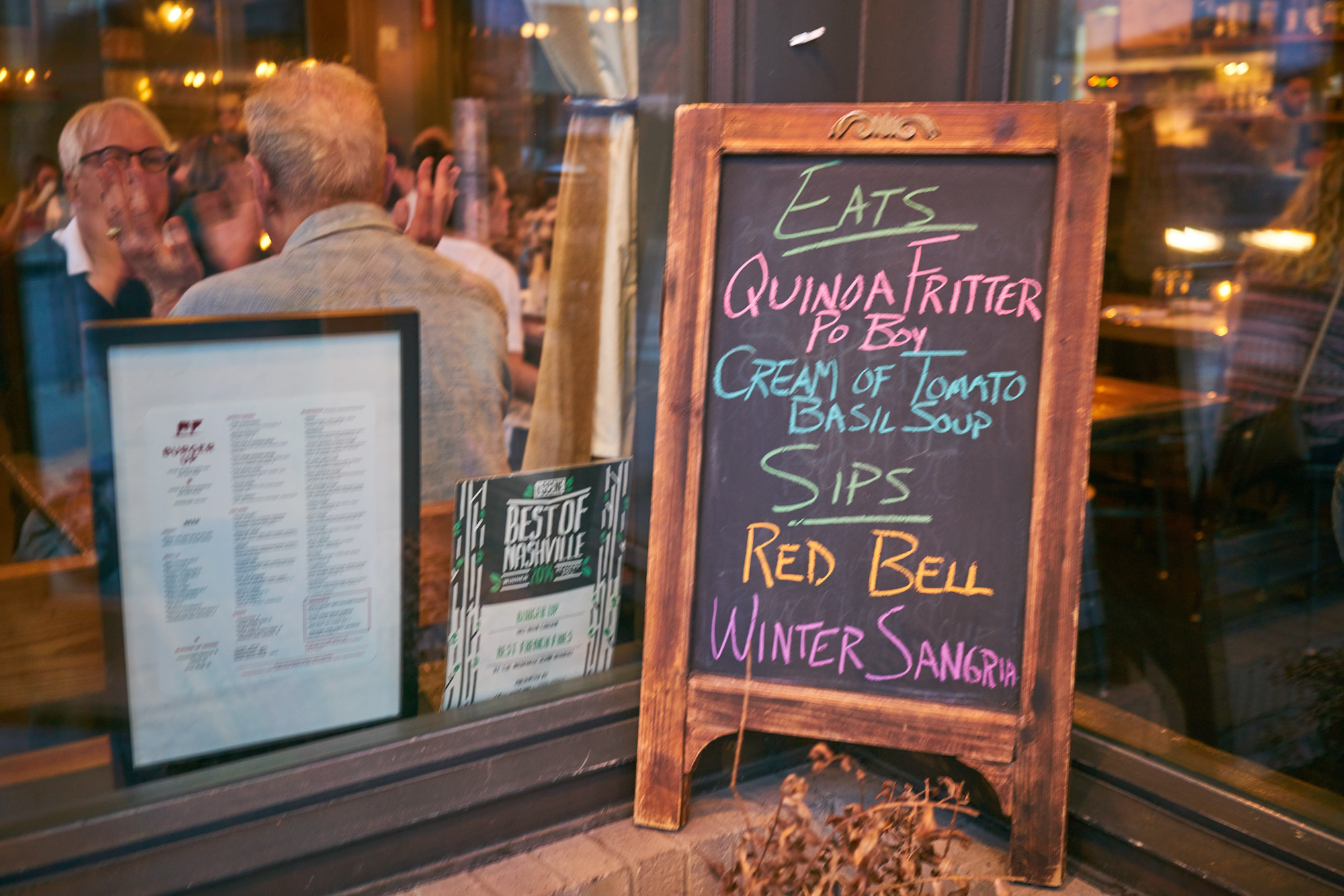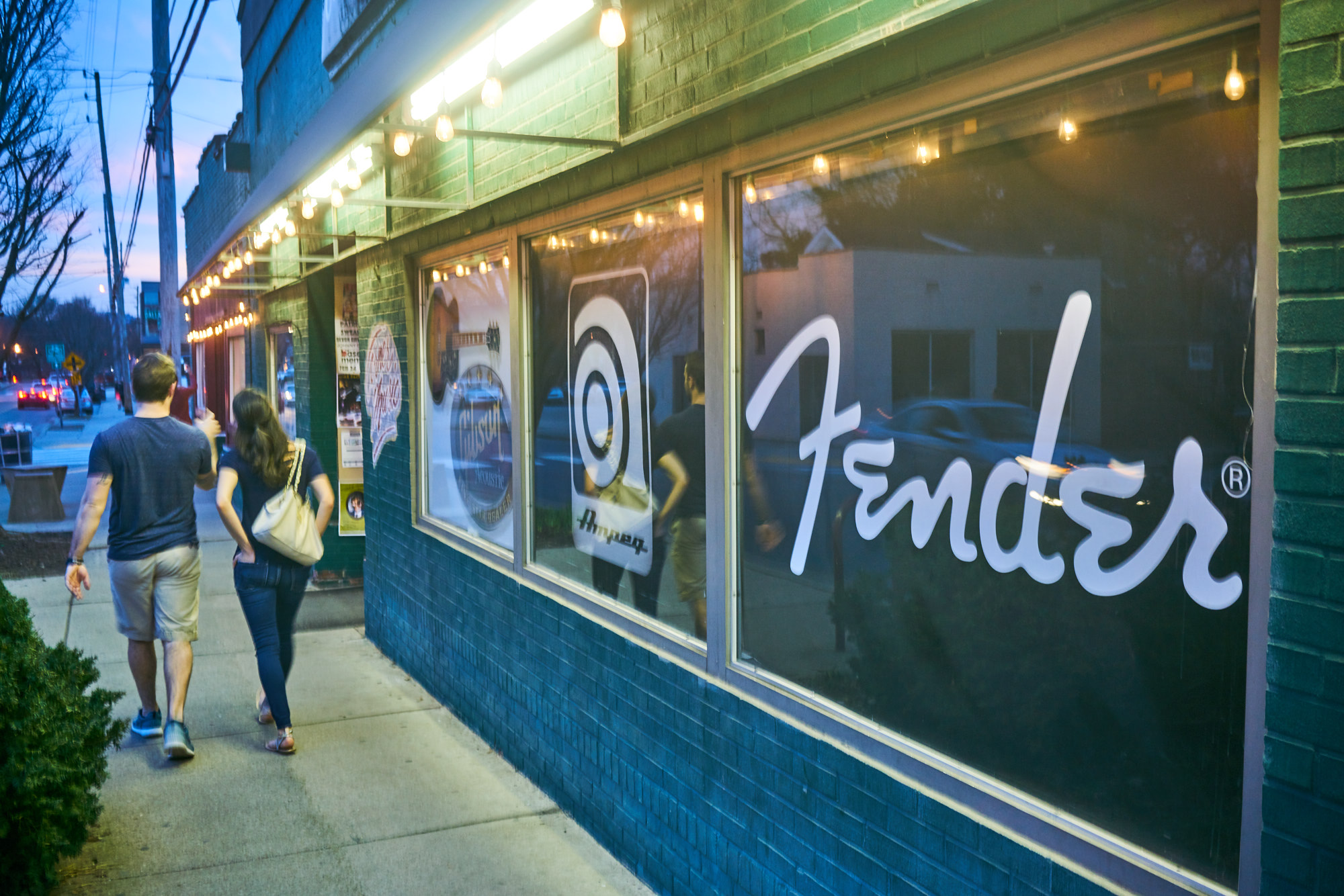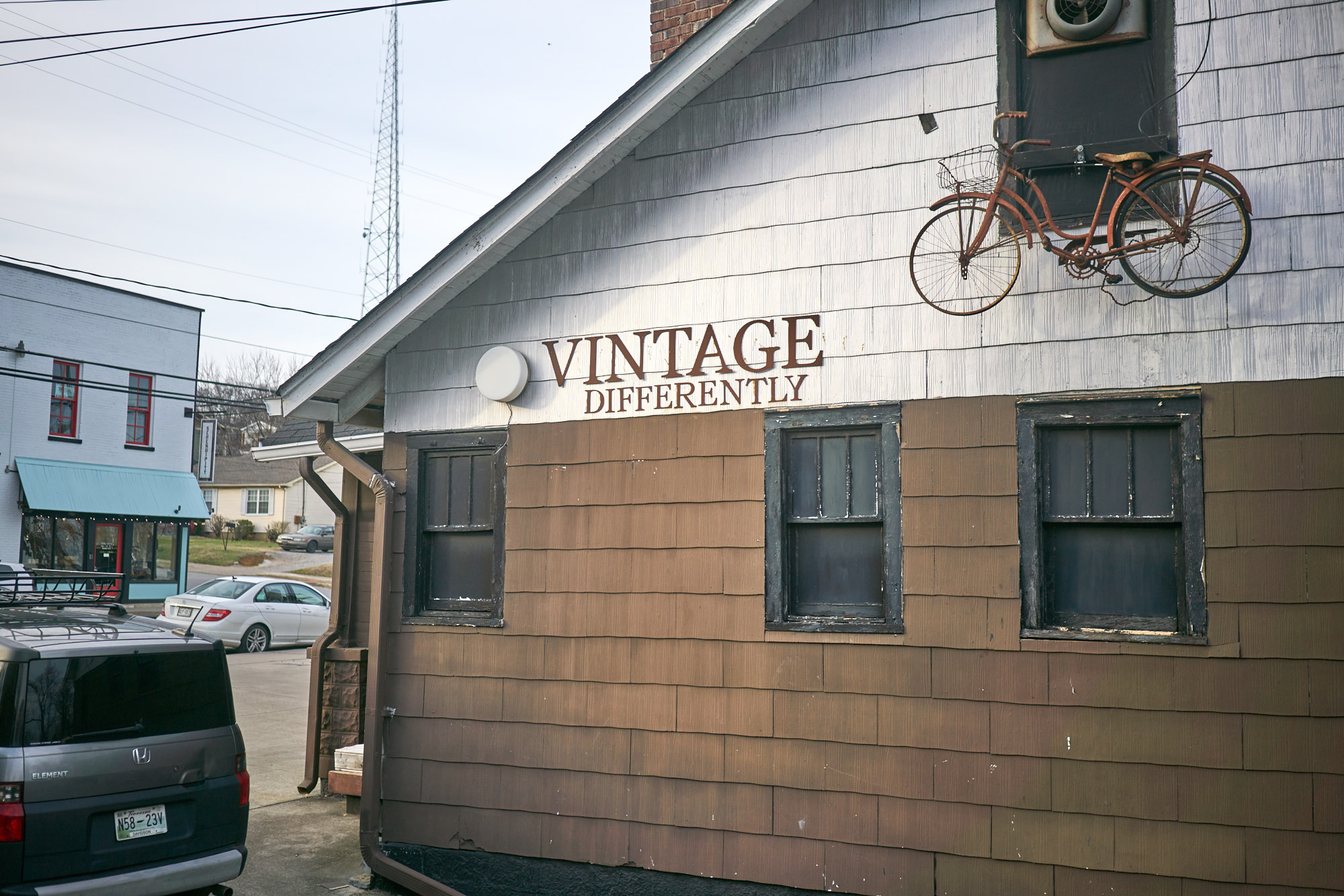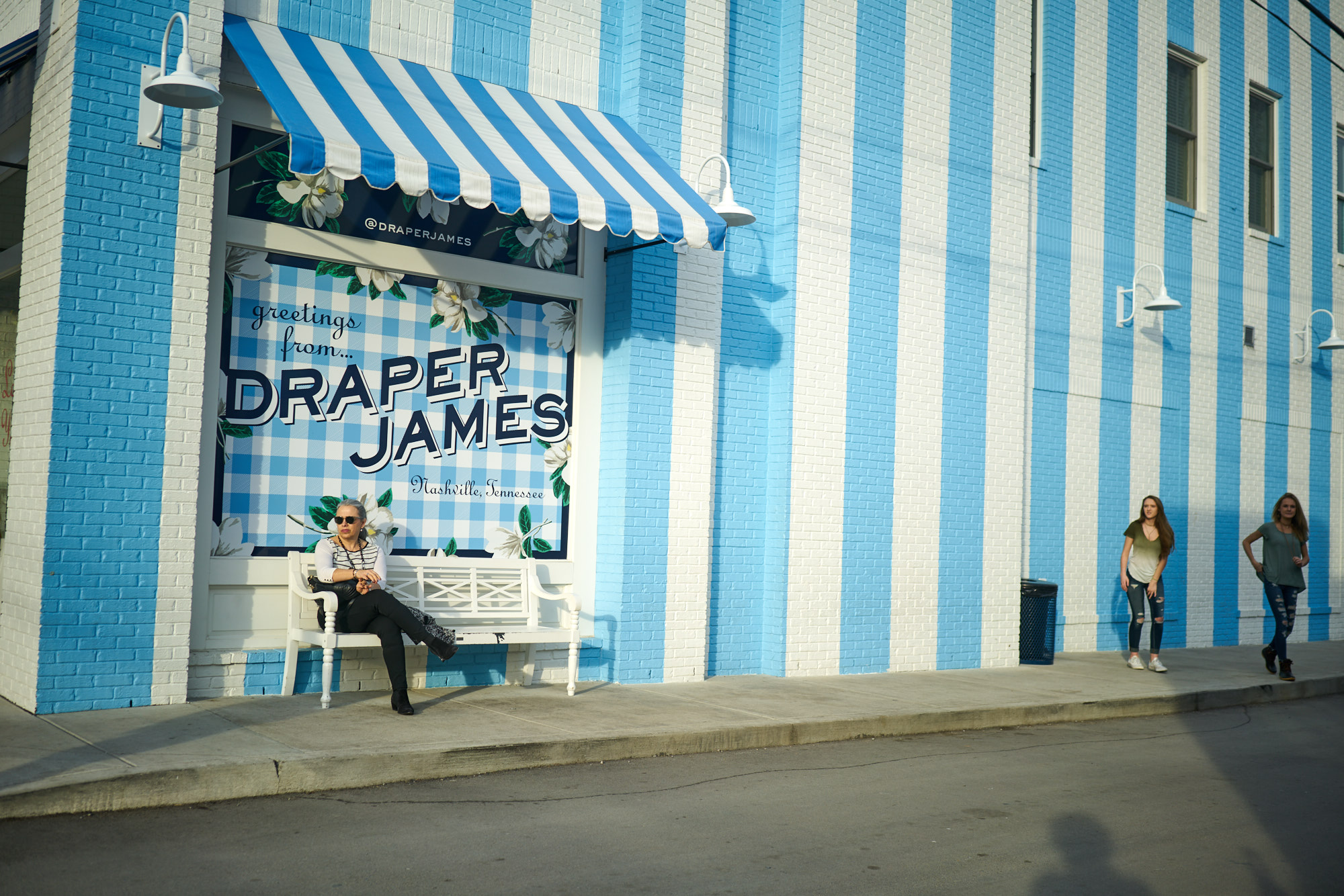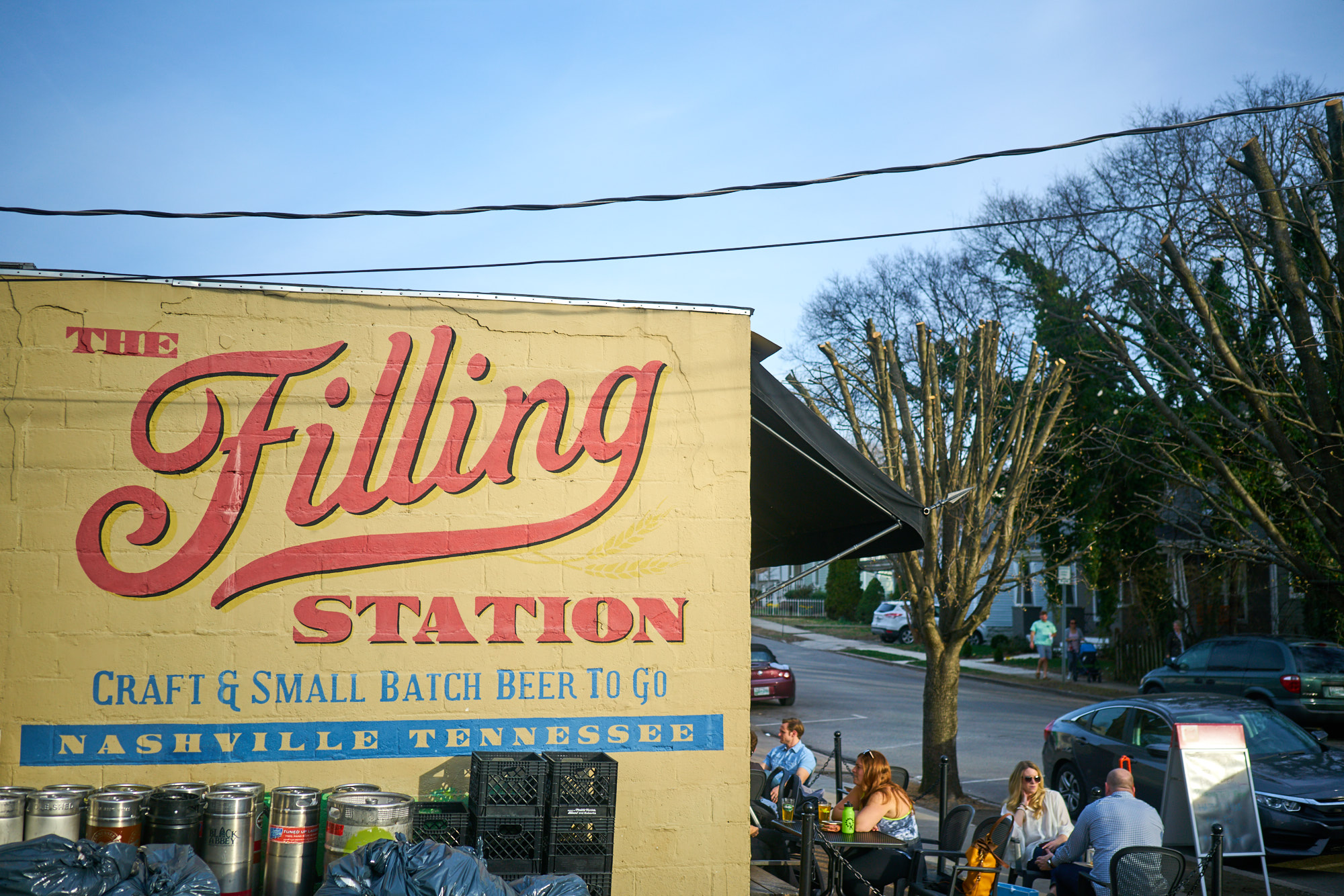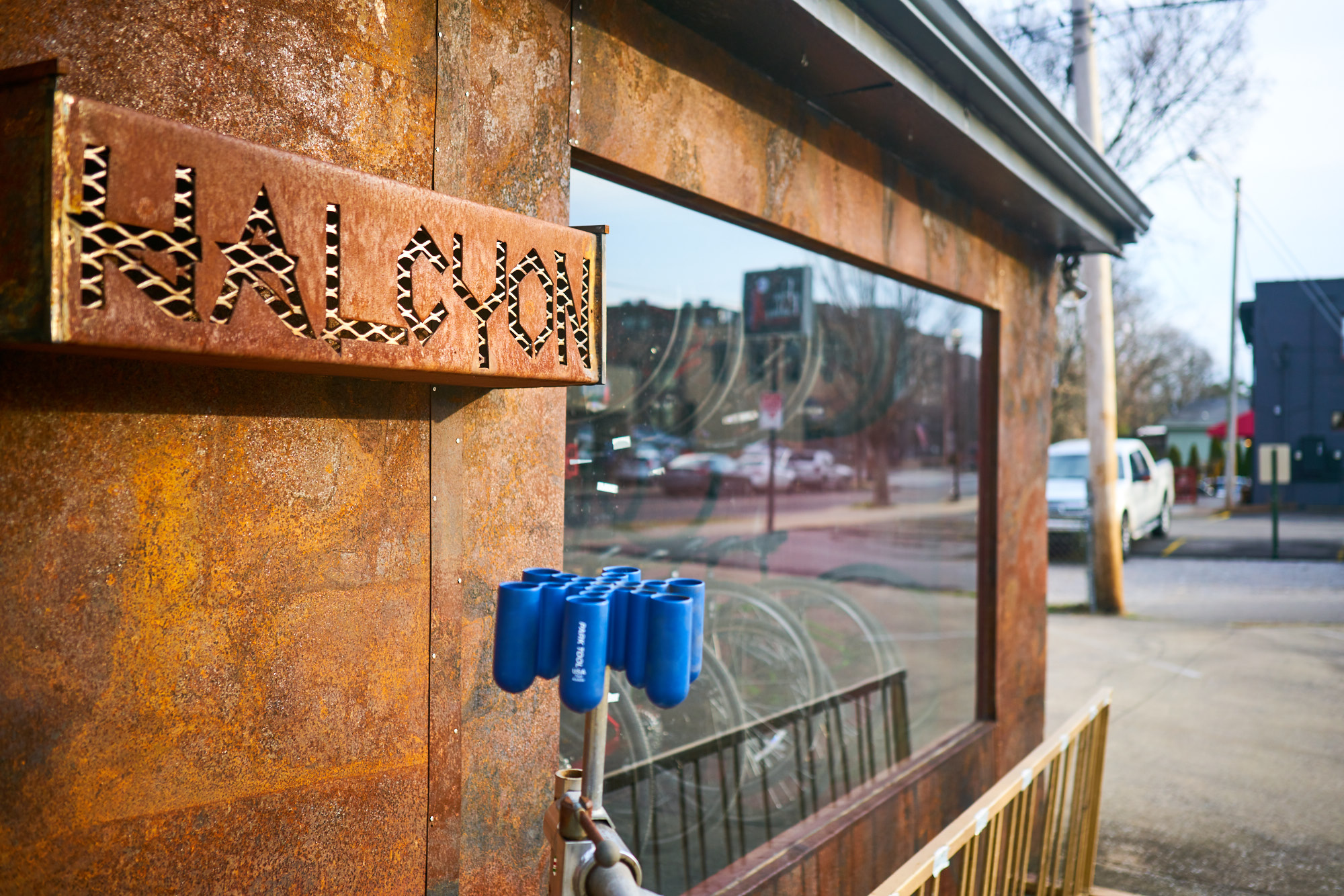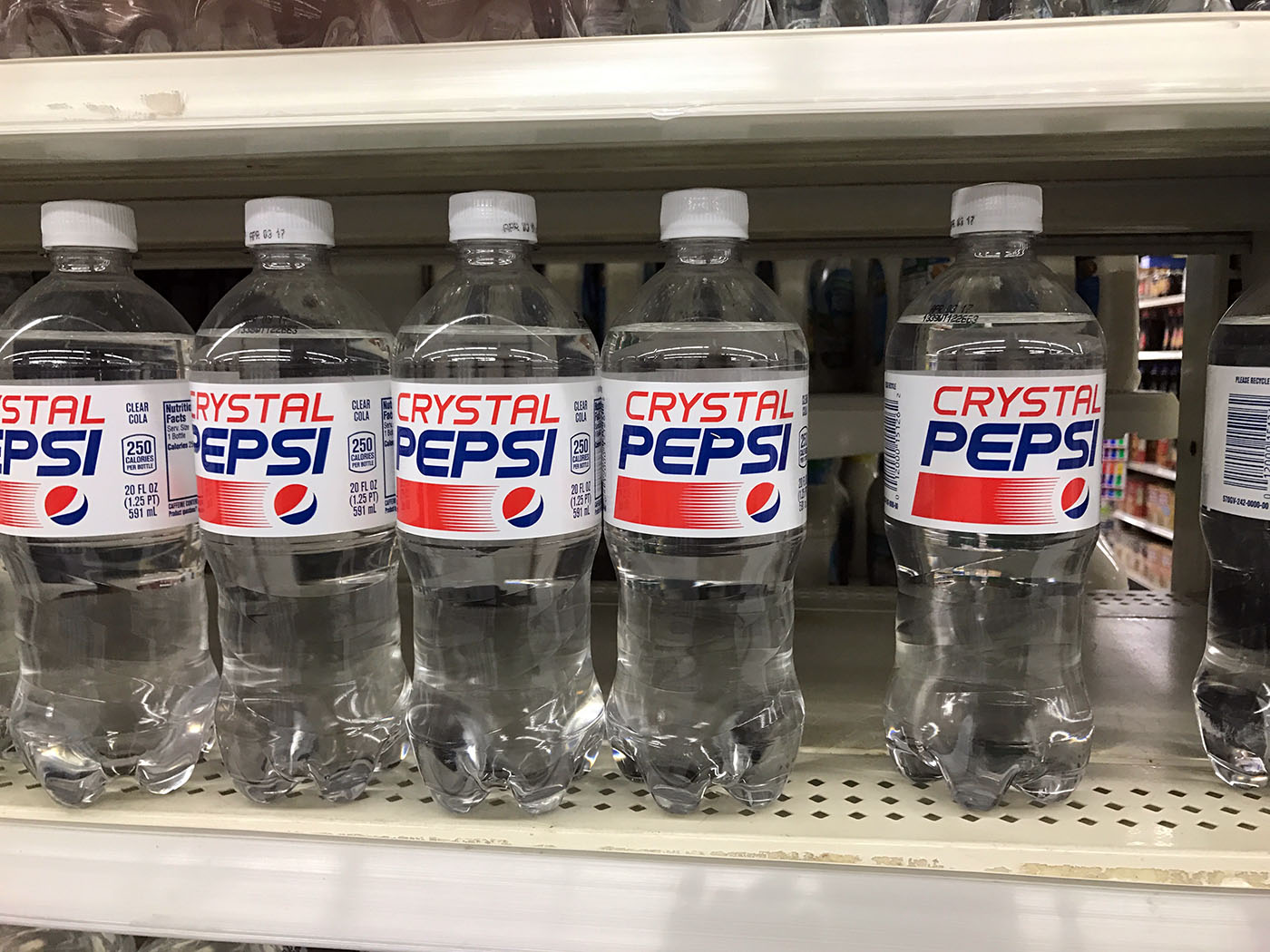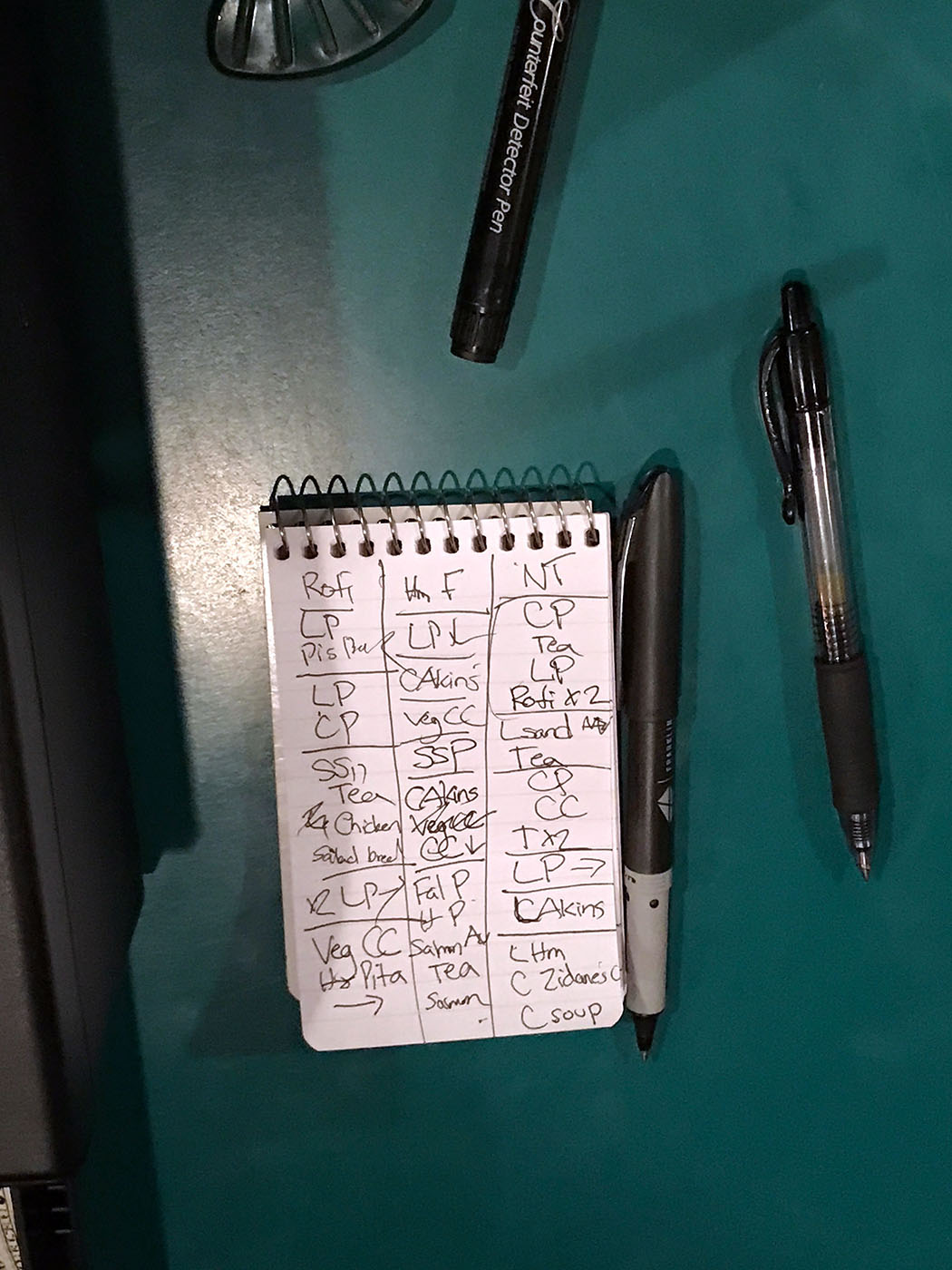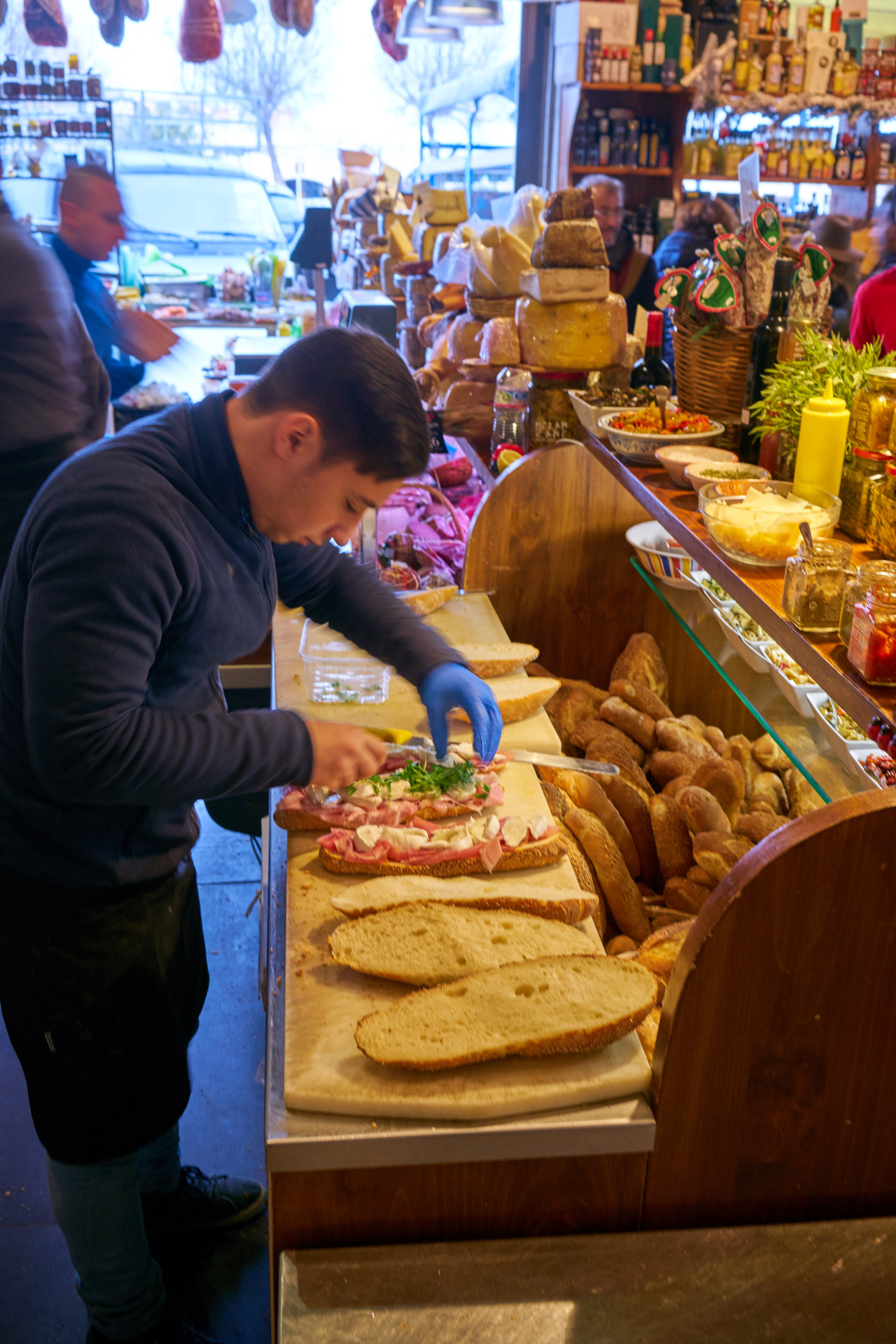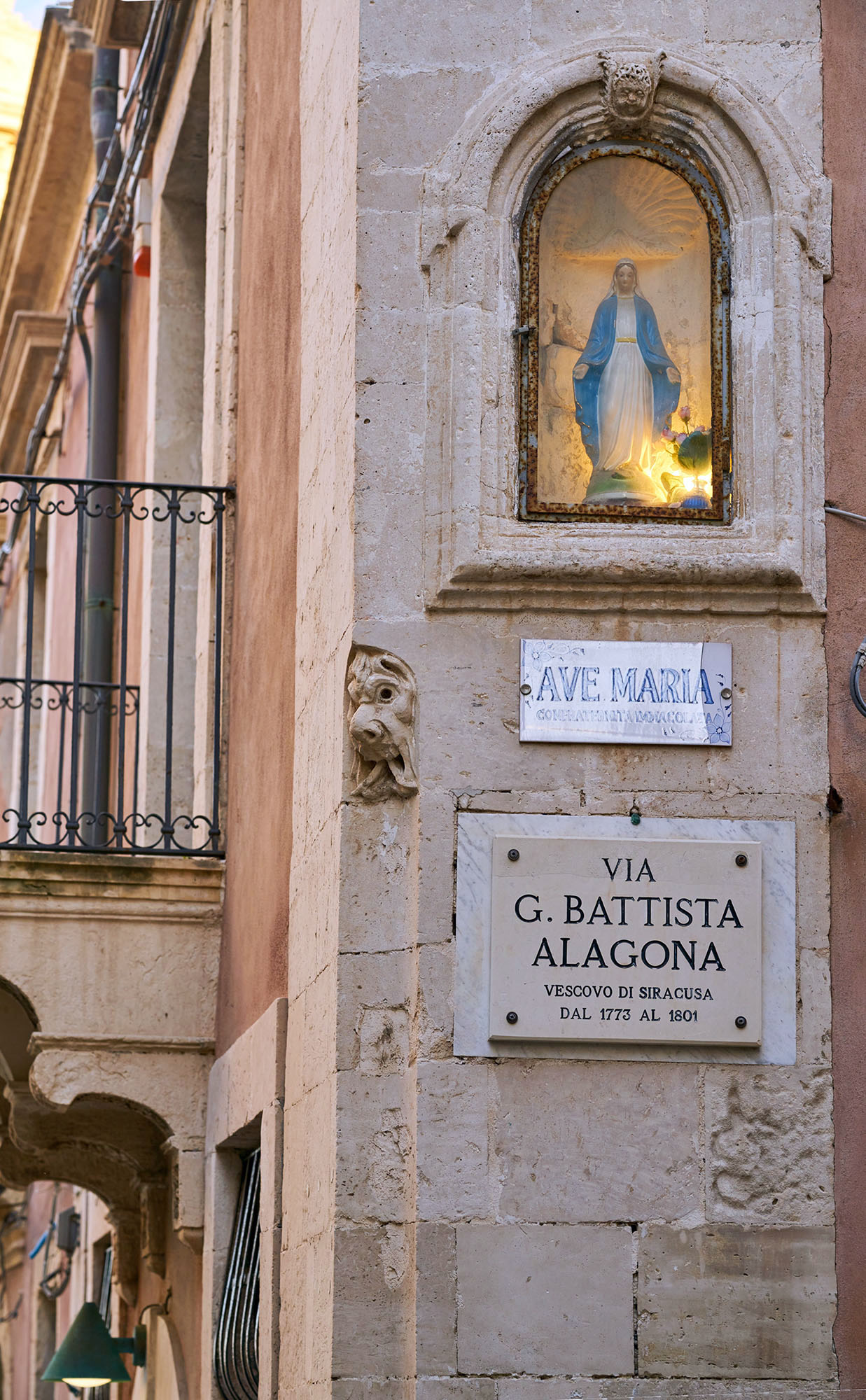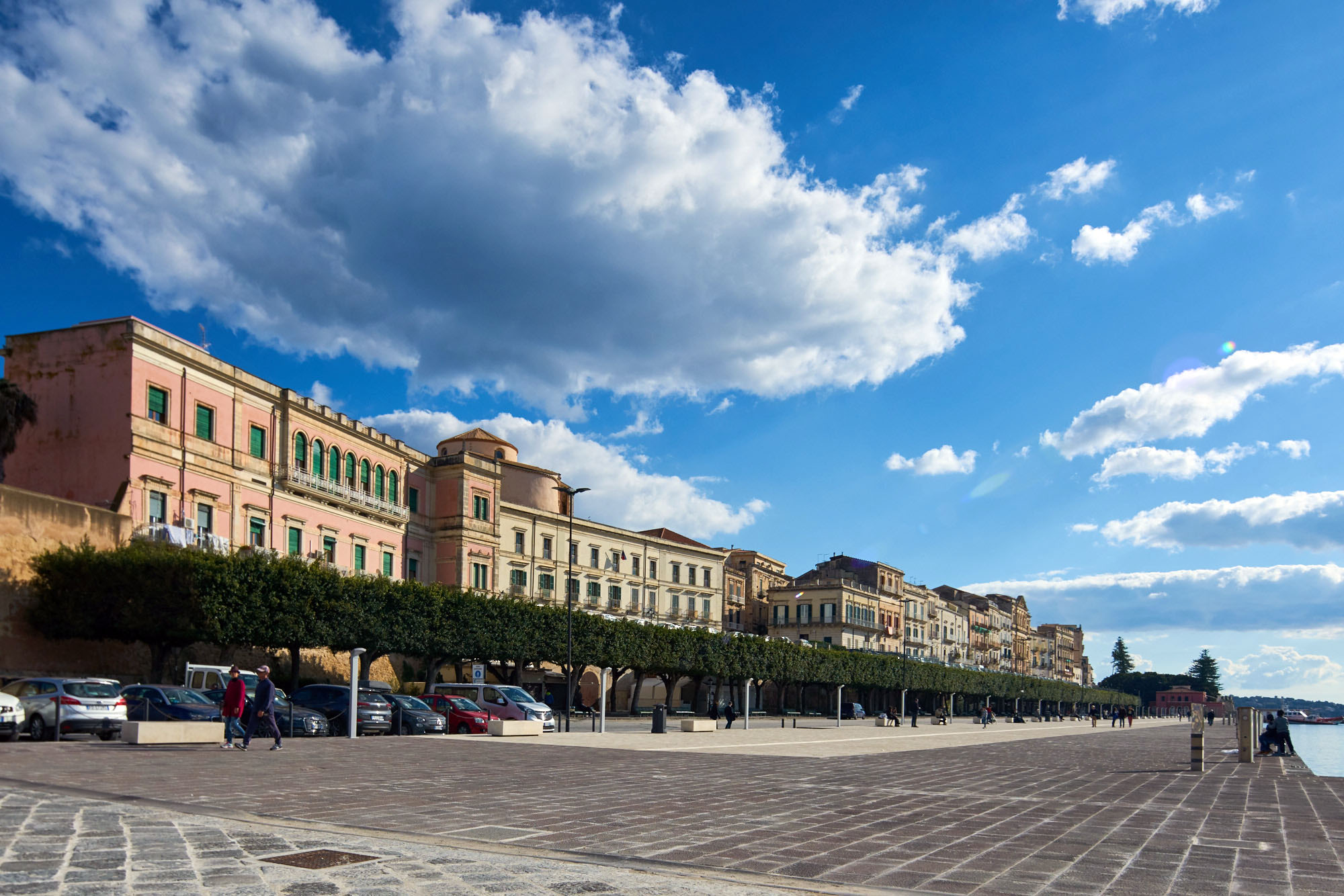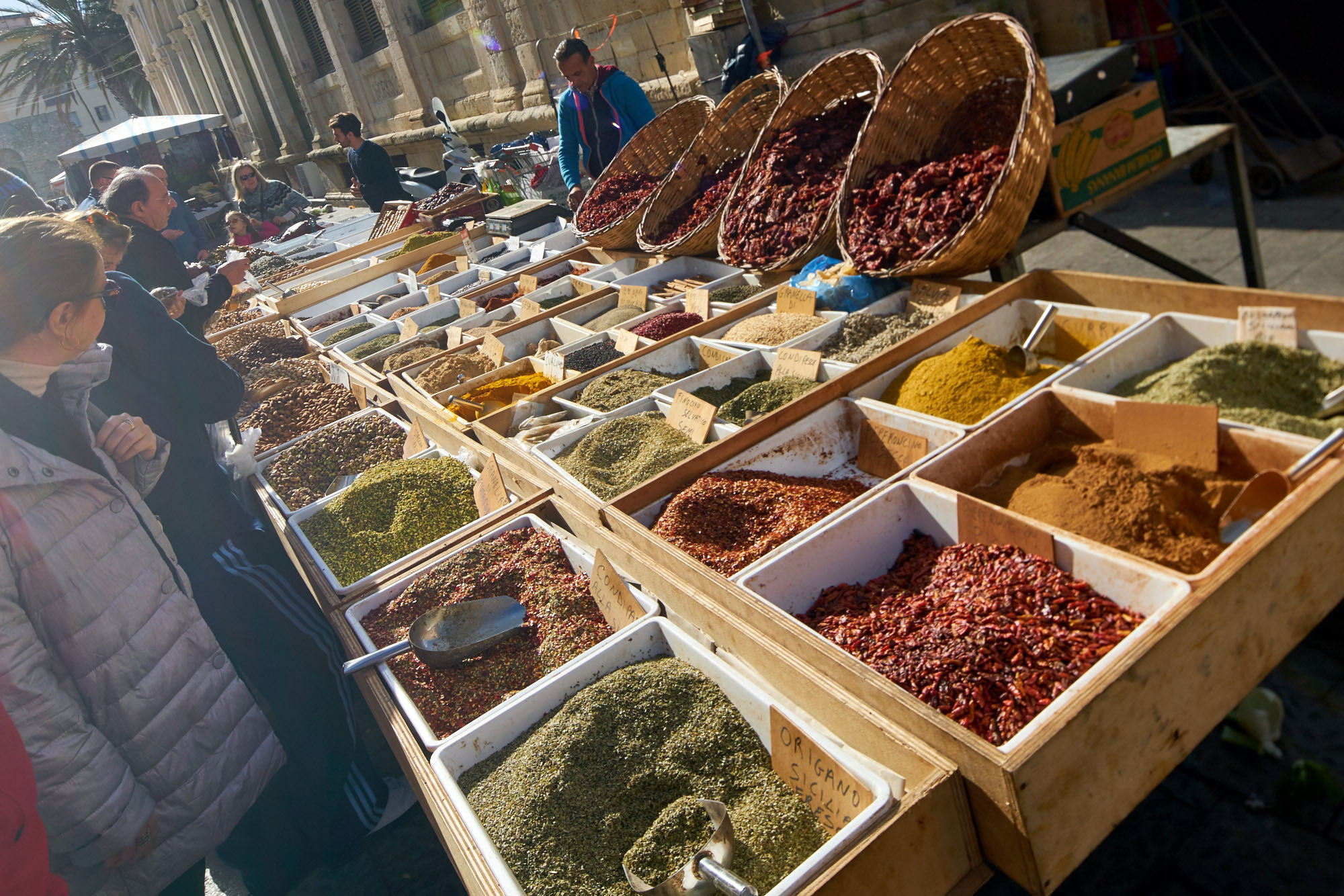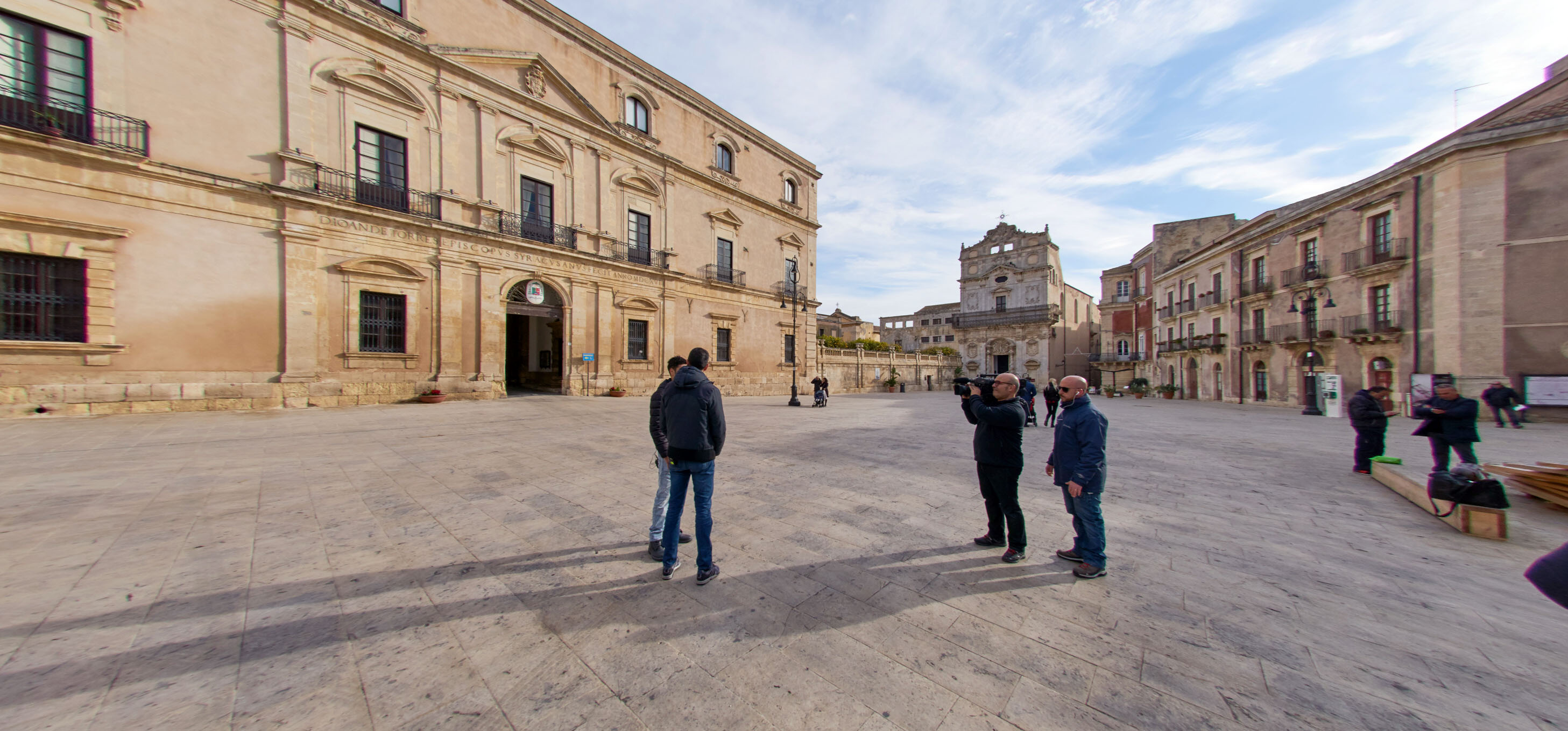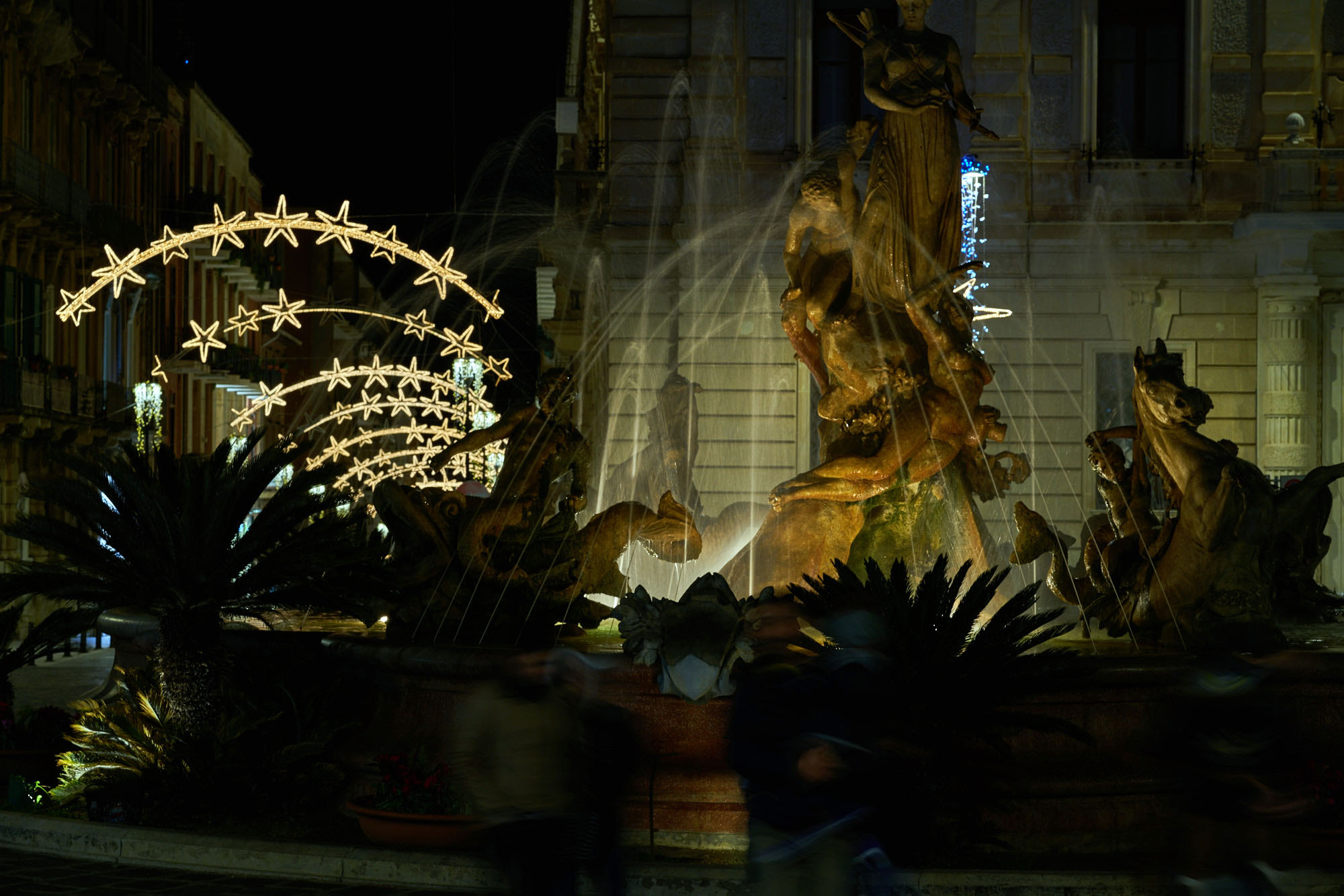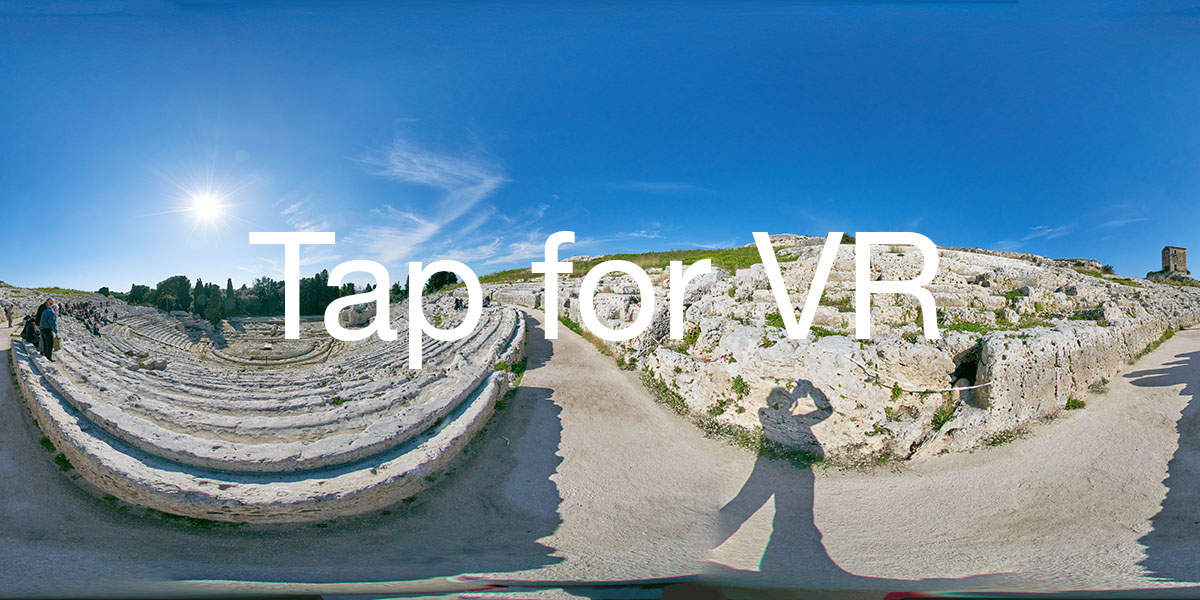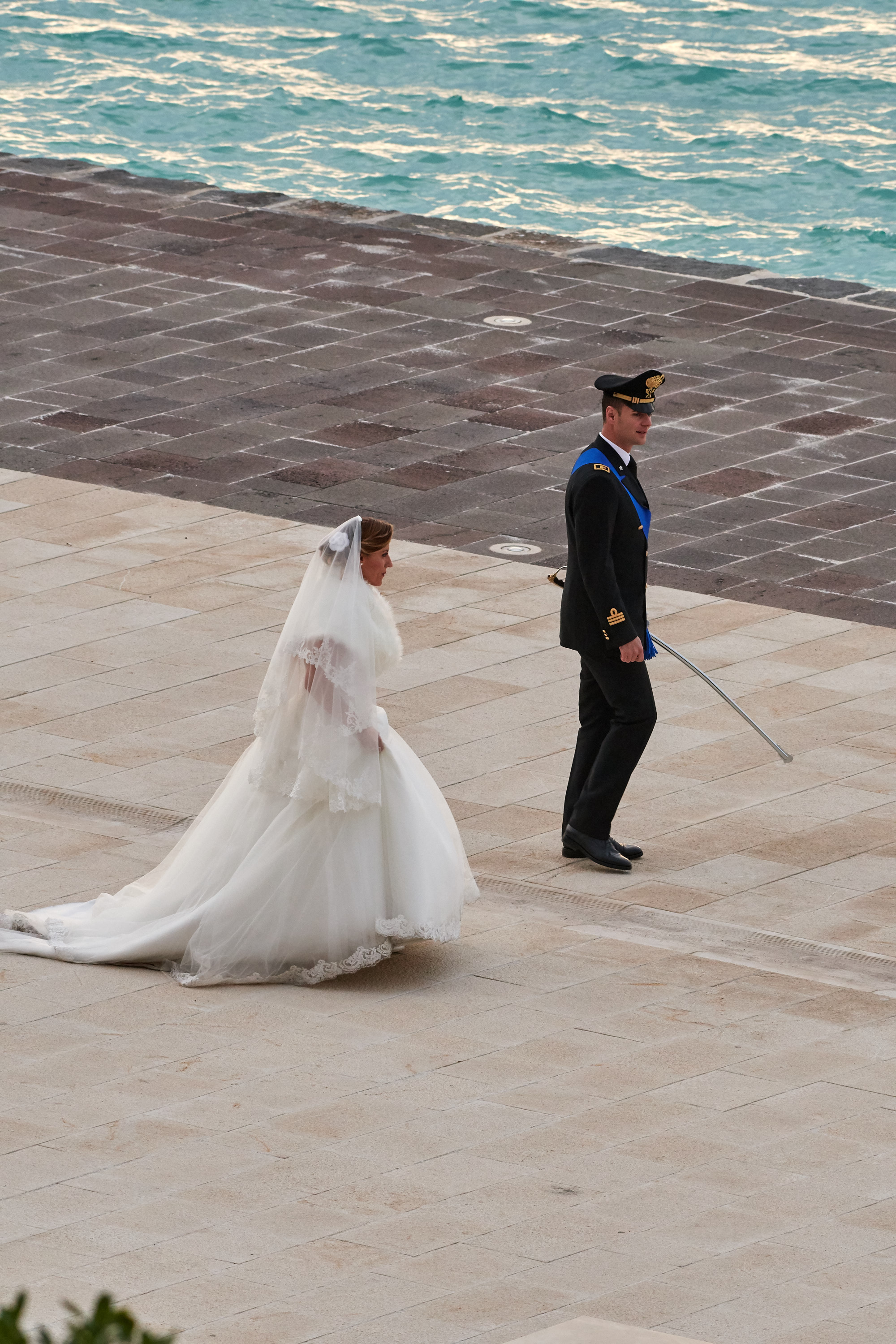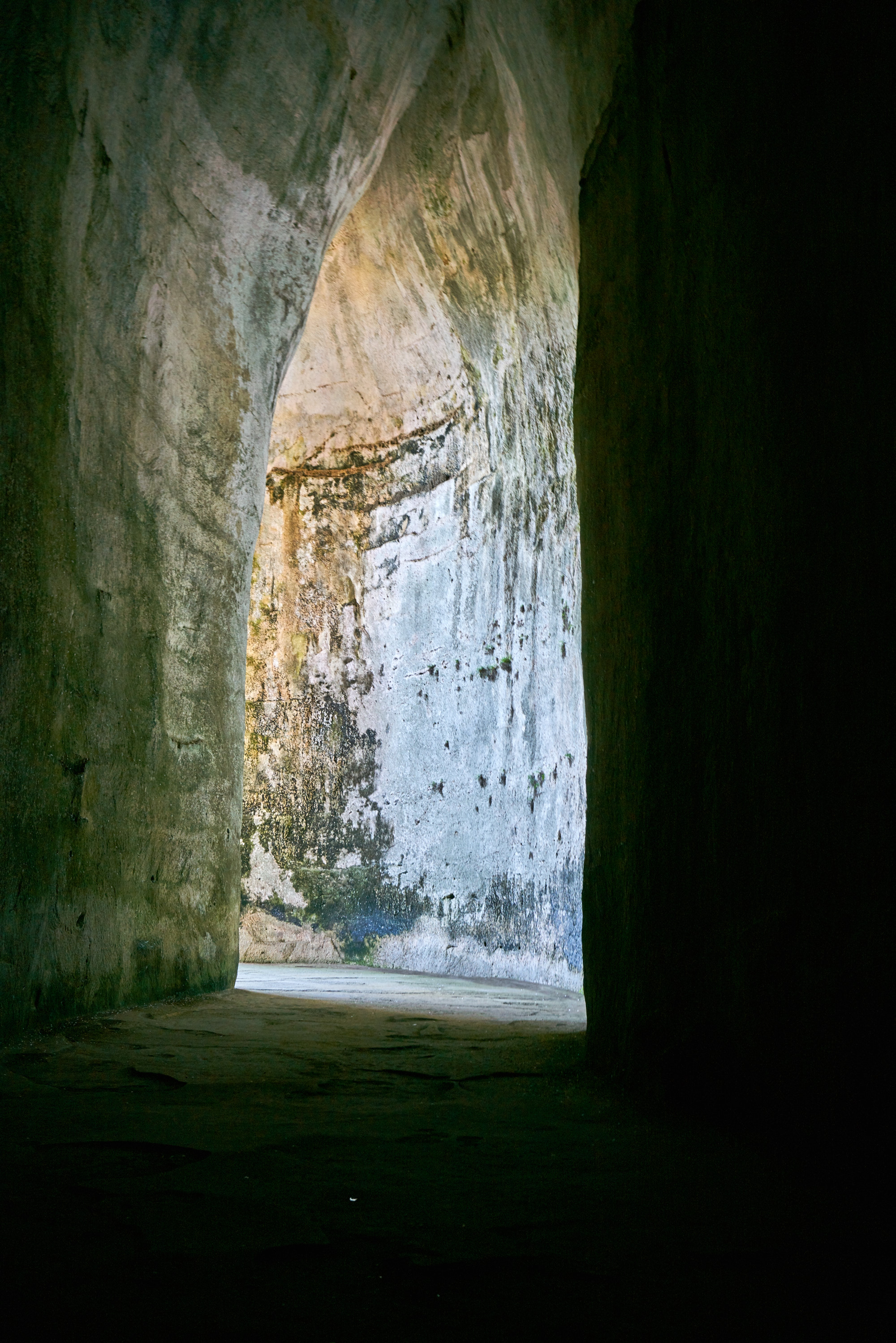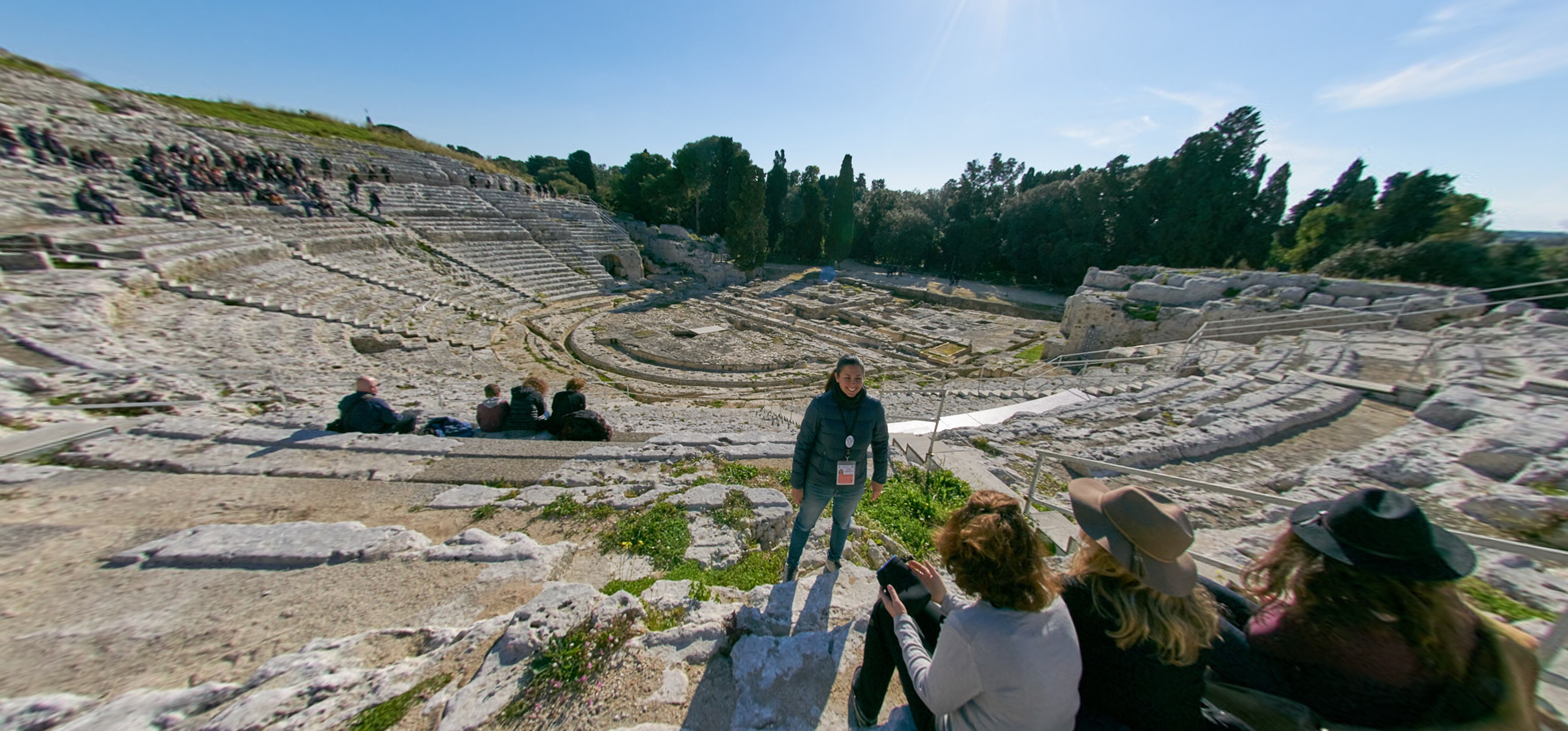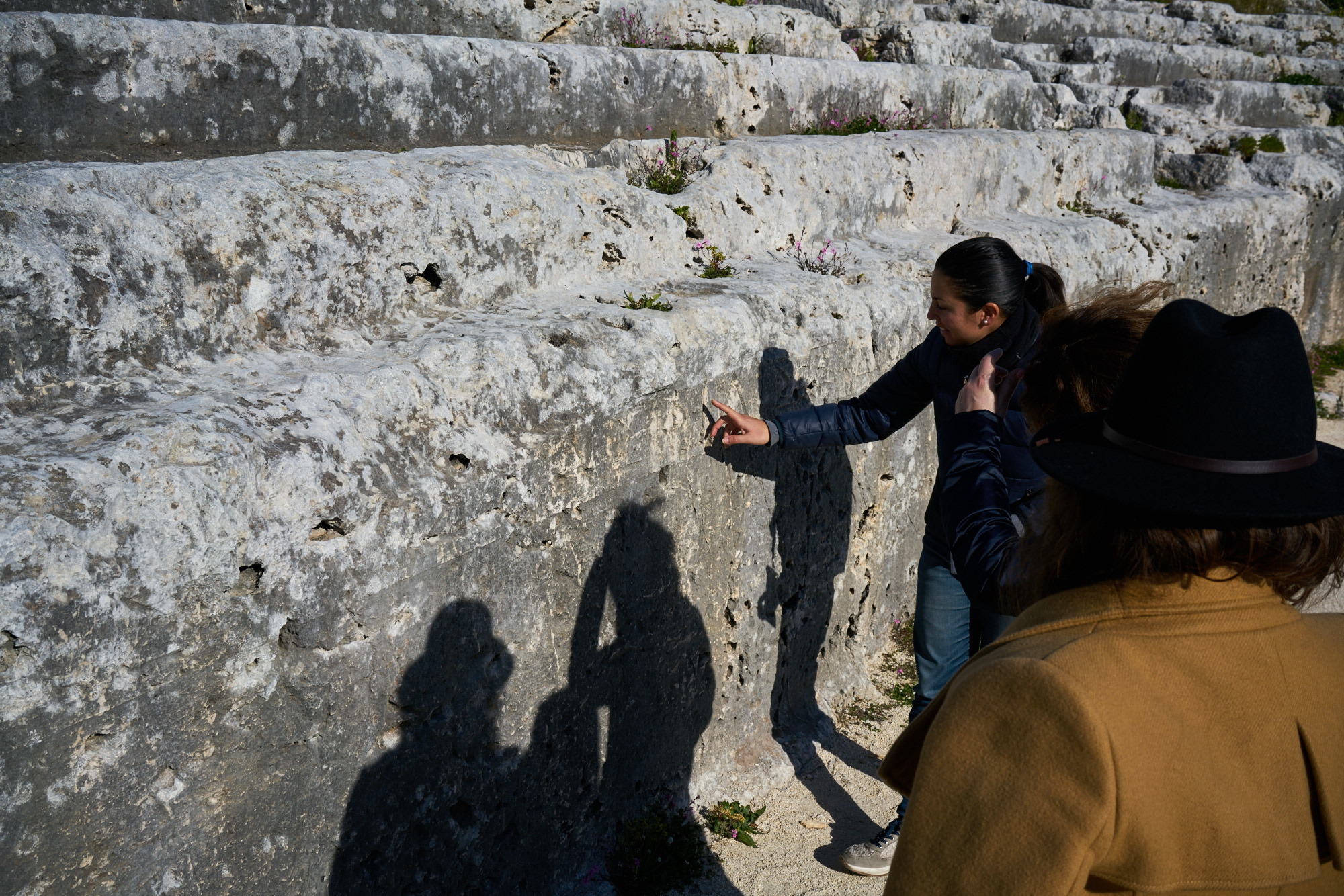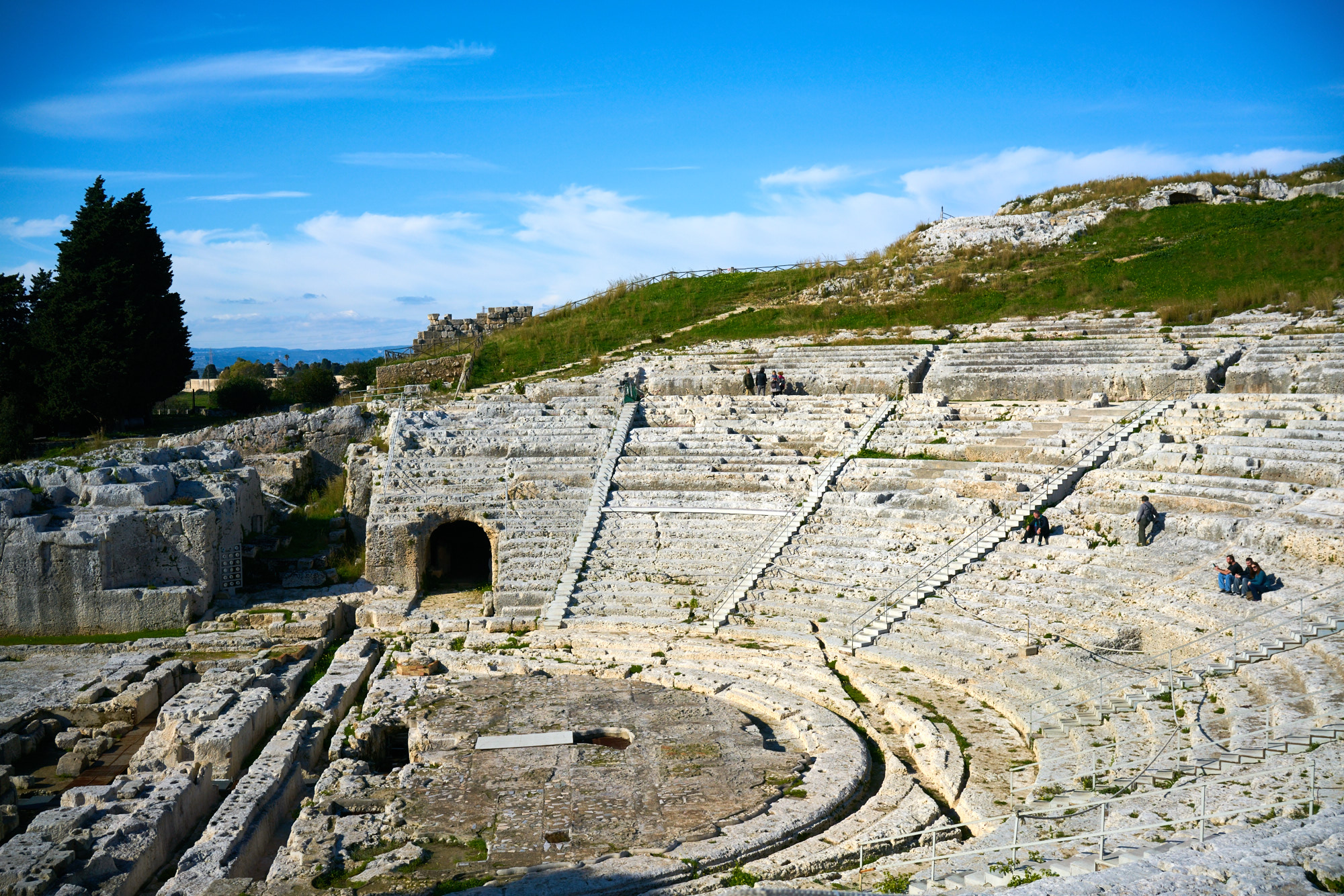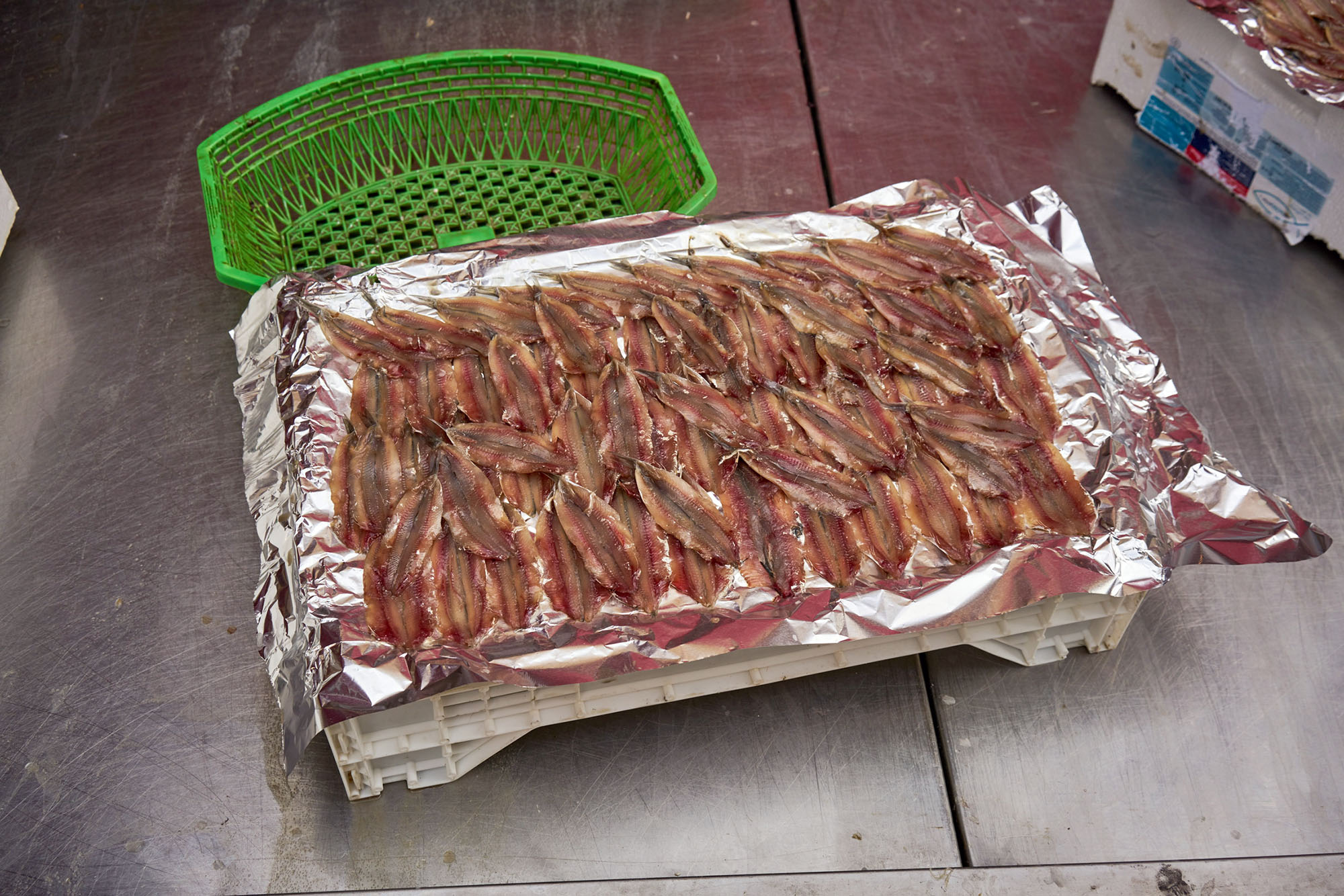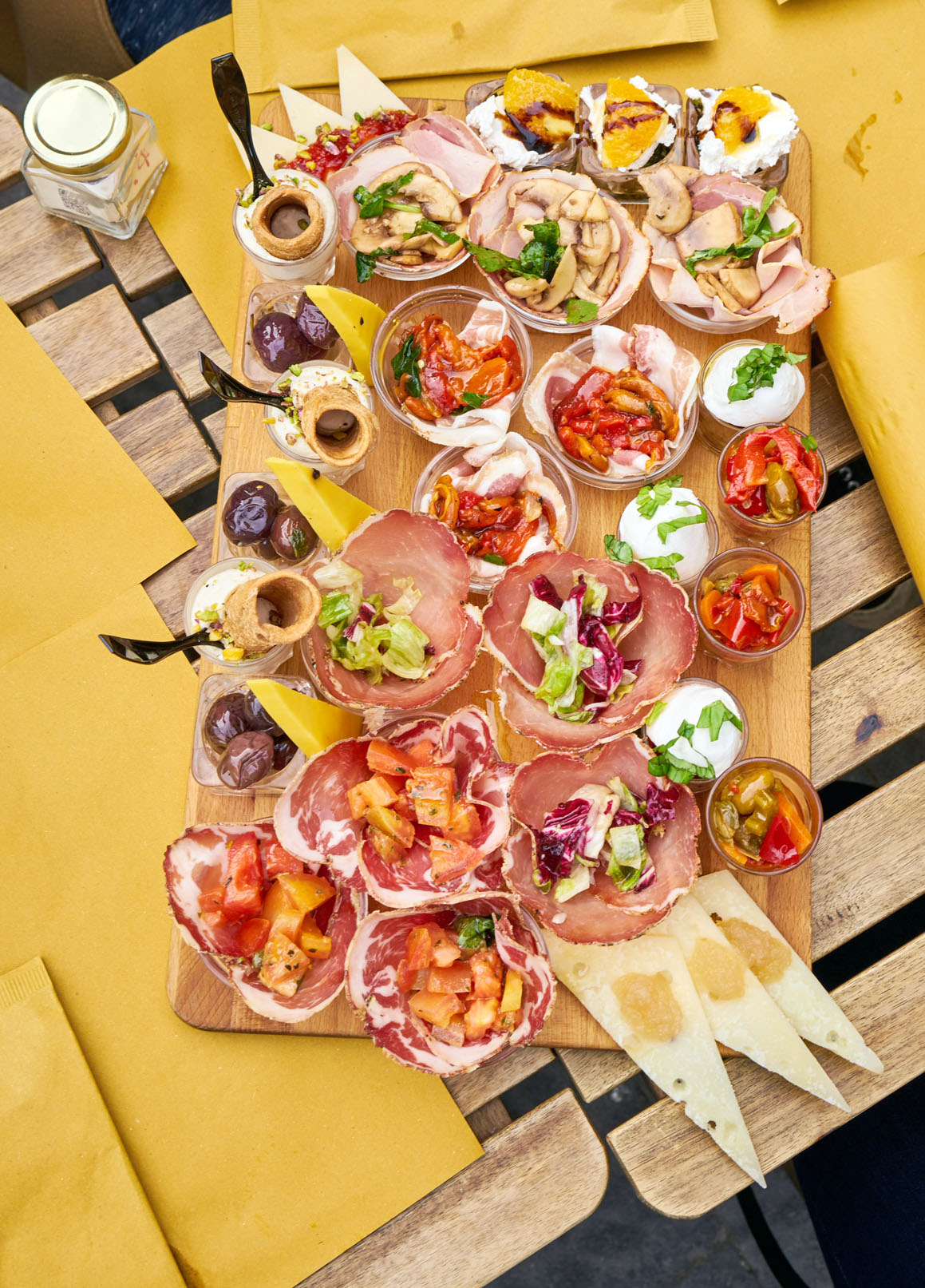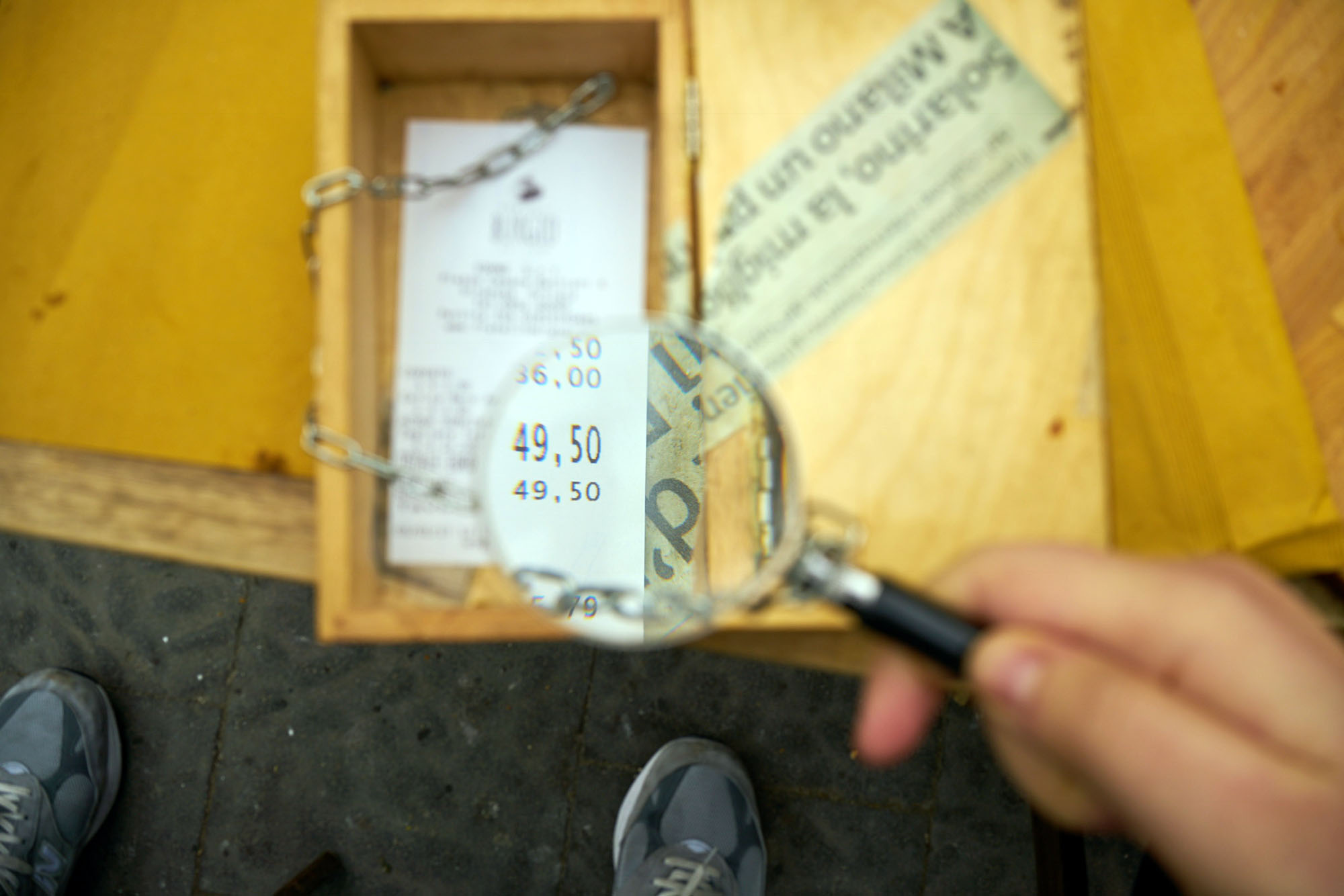A few of these images are in Salt Lake City, but not within the Temple Square.
12 South
2017 Links
A few links that may be useful as we continue into 2017:
America the Aggrieved Departs Center Stage By Thomas PM Barnett @thomaspmbarnett
Trump’s Rollback of the Neoliberal Market State by @johnrobb
What Steve Bannon Wants You to Read by Eliana Johnson and Eli Stokols.
‘Trump makes sense to a grocery store owner’ by Suhasini Haidar.
University of Wisconsin Political Science Professor Kathy Cramer’s book “The Politics of Resentment” [duckduckgo summary] continues to garner attention: Mark Sommerhauser.
Robert Mercer: the big data billionaire waging war on mainstream media. Merging voter data with many other sources is hardly unique to Cambridge Analytica.
Der Spiegel on Martin Schulz and Angela Merkel.
Democrats, Trump, and the Ongoing, Dangerous Refusal to Learn the Lesson of Brexit by Glenn Greenwald @ggreenwald
Mary Beard’s S.P.Q.R. is worth reading.
Finally, the Books of Daniel, Acts and Romans offer a useful foundation.
Gilgal Sculpture Garden
Cameras and “Drop the Puck”
Illustrious camera (and lens) manufacturer Nikon announced an “extraordinary loss” and a “fundamental company-wide restricting” today [1].
This news followed CIPA’s 2016 report that “total shipments decline(d) 31.7 % year on year; interchangeable lens camera shipments as percent of total shipments grow to 48%”.[2]
However, while iPhone images are quite good, [3]

there remain plenty of opportunities to use great Nikon (Canon, Sony, Zeiss, Fuji, and so on) lenses in combination with larger sensors and useful software such as IBIS, IS and VR (techniques to stabilize the image when using slow shutter speeds) along with high frame rates, as in “Drop the Puck”:
Tap for larger versions.
[1] Nikon’s 13 February 2017 Press Release.
[2] CIPA 1 February 2017 Press Release.
[3] S is for Sports (2013 and 2014)
Madison Mayor Paul Soglin looks ahead
Rise Up. Resist. Madison Scenes
Siracusa, Seasoned with a Ferrari
The panoramic scene includes our superb local guide: Enrica De Melio; info@viaggioasudest.it
Wikipedia on Siracusa, Sicily.
Oh, the food!
Tommy Thompson on Obamacare’s Legislative Birth
Speaking at a January 31, 2017 WisPolitics Event, former Governor and Health & Human Services Secretary Tommy Thompson offered an interesting lesson on Obamacare’s legislative origins.
Wikipedia on Obamacare.
Tommy Thompson, via duckduckgo.
Thompson’s introduction offered a useful look at legislative horse trading, otherwise known by some as bribery.
WisPolitics details.
Behind the Stars A Concise Typology of Michelin Restaurants in Europe
by COLIN JOHNSON, BERNARD SURLEMONT, PASCALE NICOD, and FREDERICK REVAZ:
The Michelin star system in Europe is the best-known and most respected ranking system for high-quality or haute cuisine restaurants. This study examines Michelin’s grading procedures and how chefs and res- taurateurs perceive the ranking system and the Michelin awards. The study surveyed chefs in thirty- six restaurants ranked as having two or three Michelin stars over the period of ten years in France, Belgium, the United Kingdom, and Switzerland. The chefs iden- tified the following key factors that attributed to the success of their restaurants: investment and invest- ment types, sources of financing, pursuit of excel- lence, and culinary craftsmanship involved. While the Michelin star chefs were tremendously successful as culinary artisans, this study revealed that the financial success of the Michelin star-rated restaurants was far more heterogeneous.













